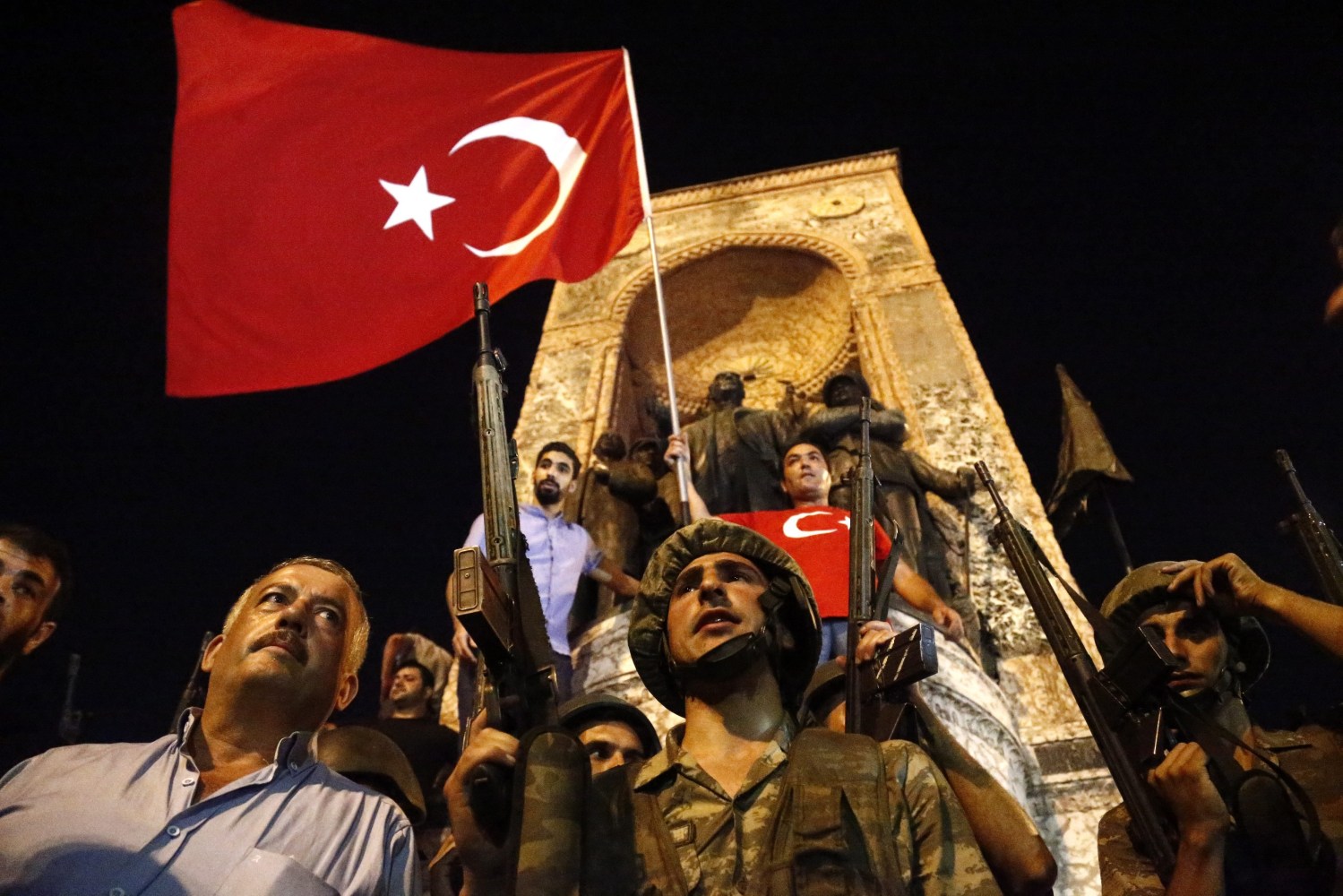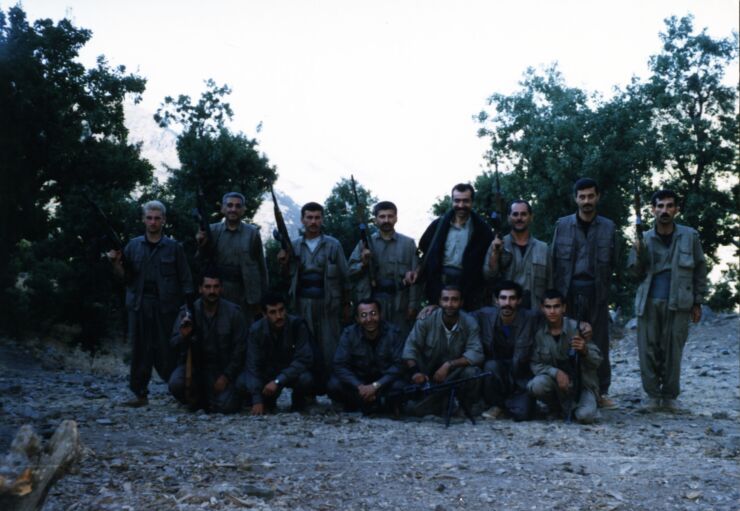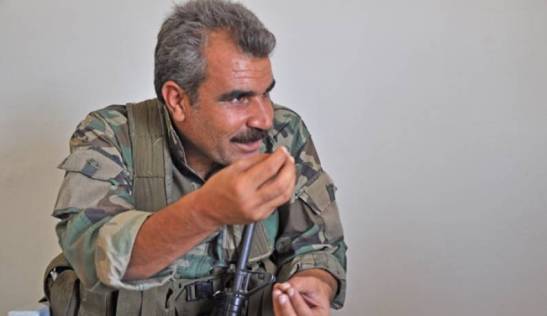As Hamas allies, the Iranian and Syrian regimes, along with Hezbollah in Lebanon, are the center of attention for Israeli and US strategists.
Middle East
Sarah Glynn — Turkey, Iran, and President Assad’s government are in competition for control over the land of Syria, but there is one thing they all agree on: control should not be in the hands of the people who live there, especially if they are Kurds with dangerous ideas about radical democracy.
Salih Muslim speaks about the Syrian Democratic Forces' major operation against Islamic State cells and says there is no rebellion against the Autonomous Administration of North and East Syria.
Yassin al-Haj Saleh — How regional and global powers, internal colonialism and Salafi-jihadist subterfuge converged to short-circuit the Syrian struggle against despotism.
Leila Al Shami — August 25, the revolution flag flew high in villages, towns and cities across Syria. In Sweida, Dera’a, Aleppo, Idlib, Raqqa, Hasakeh and Deir Al Zour, thousands were on the streets reviving the chants of the revolution.
Joey Ayoub shares his optics on how anti-imperialist international solidarity is possible, explains the context of struggles of people from his region why it is important to support Ukraine, despite the contradictory civilisational approach of Ukrainian leaders.



Dawronoye's television team visits the guerrillas.








